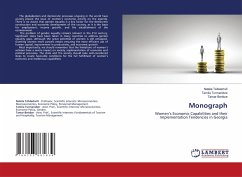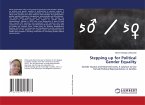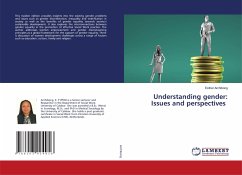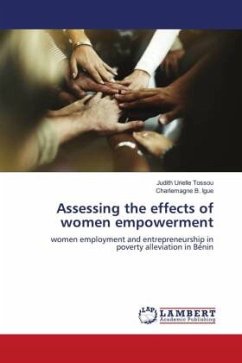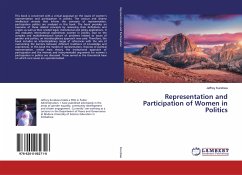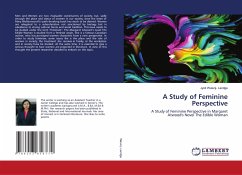The globalization and democratic processes ongoing in the world have acutely placed the issue of women's economic activity on the agenda. There is no doubt that gender equality is a key factor for the democratic construction and economic development of the country, as it is the basis for employment, income growth, and the establishment of the commonweal. The problem of gender equality remains relevant in the 21st century. Significant steps have been taken in many countries to address gender equality gaps, although the great potential of women is still untapped. Granting women more powers means ensuring the more efficient use of human capital, improvement in productivity, and economic growth. Most importantly, we should remember that the limitations of women's activism have a severe impact on society, implementation of economic and political processes. The state and the society should take well-considered steps to create favorable conditions for the full fulfillment of women's economic and intellectual capabilities.

